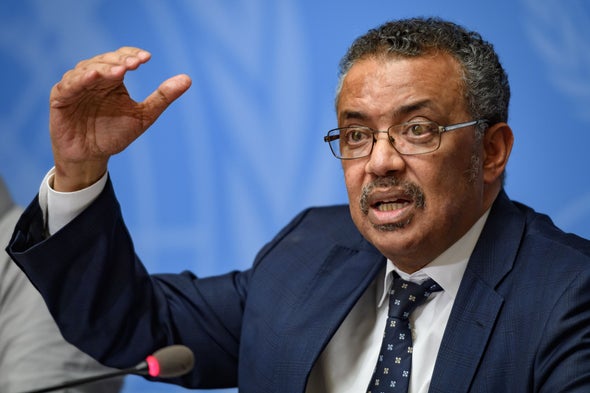The World Health Organization (WHO) says with COVID-19 vaccine doses from the Serum Institute of India delayed, slow vaccine rollouts and new variants of the pandemic put Africa at the risk of a new wave of infections.
The world body said shortages of vaccine supplies are driving African countries to slip further behind the rest of the world.
The continent now accounts for only 1 percent of the vaccines administered worldwide, down from 2 percent a few weeks ago.
The statistics show that 19 million of the 37 million COVID-19 vaccine doses received in Africa have been administered so far.
Dr. Matshidiso Moeti, WHO Regional Director for Africa, at a press conference on Thursday, called the situation ‘a race against time and the virus’.
‘Given the limited supply we recommend that countries prioritize giving the first dose to as many high-risk people as possible in the shortest amount of time’, she said.
In Nigeria, the government stopped the vaccination so that those who got the first jab can receive the second.
Globally, 150 doses of the vaccine have been administered per 1000 people. In sub-Saharan Africa, it’s about 8 doses per 1000 people.
New variants place the continent at risk of a third wave. The B.1.617 variant that was first found in India has been reported in at least one African country.
The B1.351 strain, first found in South Africa, is spreading in 23 African countries and the B1.1.7 strain, first found in the United Kingdom, has been found in 20 countries.
Moeti added that the tragedy in India does not have to happen in Africa and advised countries to be on the highest possible alert.
The director urged governments to maintain strong surveillance and detection systems, and bolster their treatment capacities.
Moeti said now is the time to step up the supply of critical medicines, including medical oxygen, and ensure there are enough beds for severely ill patients.
AFRICA DAILY NEWS, NEW YORK










